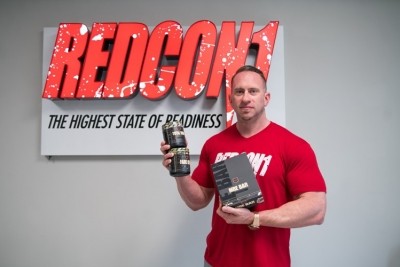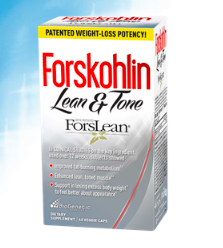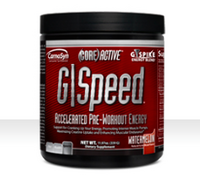FitLife ekes out profit despite failed acquisition, declining GNC sales

FitLife sells supplements under a variety of brand names including NDS Nutrition Products, SirenLabs, CoreActive, Metis Nutrition, BioGenetic Laboratories, Energize and iSatori. Several years ago the company chose to hitch its wagon firmly to the GNC star. Going all in one distribution through GNC was seen as a way to ensure a more stable and predictable demand curve, even though it put pressure on margins.
Unfortunate timing on GNC move
FitLife’s decision to team up with GNC coincided with the beginning of the retail giant’s steep downward slide, one that may not be over, though its momentum seems to be slowing. In GNC’s most recent earnings statement, the company announced it will close more than 200 stores. It reported consolidated revenue of $607.5 million in the first quarter of 2018, compared to $654.9 in the first quarter of 2017.
Same stores sales were up 0.5% at GNC corporate owned stores, but declined 1.9% at the company’s many franchise outlets. And it is in the franchisee-owned stores where FitLife sells its products.
For the first quarter ended March 31, 2018, FitLife’s total revenue was $4.6 million compared to $5.6 million reported in the first quarter of 2017. FitLife, which is based in Omaha, NE, said the decline in revenue was primarily attributable to declining foot traffic trends and lower unit sales in the GNC franchise distribution channel. The company said that was worsened by certain inventory adjustments GNC made in response to those trends.
Despite the sales decline, FitLife still managed to make a little money. The company said aggressive cost cutting, which reduced outlays by $0.5 million in the quarter, helped it post a slim profit of $0.2 million.
iSatori debacle
The other big stumbling block for FitLife has been the failed acquisition of Denver, CO-based sports nutrition brand iSatori in 2015. At the time of the merger, iSatori, which marketed a variety of sports nutrition and weight loss products, was reporting quarterly revenues in the $2.5 to $2.9 million range.
When FitLife reported its 2017 year end earnings earlier this year, it said iSatori’s full year sales only reached $4.1 million, down from $7.1 million the year previously. FitLife said it has now written off all remaining goodwill and intangible assets totaling $5.9 million related to the iSatori acquisition and established $1.1 million of reserves for potential sales returns primarily related to iSatori products.
Worst may be over
Still, FitLife’s interim CEO Dayton Judd maintained that the worst is over. Even in the dire sales environment, the company has made strides in reducing its debt and cutting costs. While GNC still has work to do to return to growth, Judd said the situation there seems to be stabilizing. And FitLife opened an Amazon store front during the quarter as it sought to compensate for the declining brick and mortar retail channel.
“We posted our first quarterly profit since the second quarter of 2016, driven by more frequent and significant purchasing activity from our largest customer. We still have a long way to go, but I am optimistic that the recent improvement, in concert with our commitment to a strong partnership with our largest customer, will continue to positively impact the business throughout 2018 and beyond,” Judd said in a press statement.
“Finally, we successfully launched our first storefront on Amazon during the quarter. While still very early in the process, an enhanced emphasis on online sales is a major element of our new omni-channel strategy, which, if successful, will enable us to better support and protect all our brands while providing opportunities for revenue growth and margin expansion for the business. While significant challenges remain, we are beginning to see improving trends both at a macro-level and in the results of our largest customer,” he said.
Market reaction
Stock traders seemed to react positively to Judd’s take on the company’s immediate prospects. FitLife’s stock price jumped from about 25 cents a share before the earnings release to as high as 39 cents a share afterward. Still, the company’s book value is way off where it was before the iSatori merger, when the stock sold for as much as $3.20 a share.
















